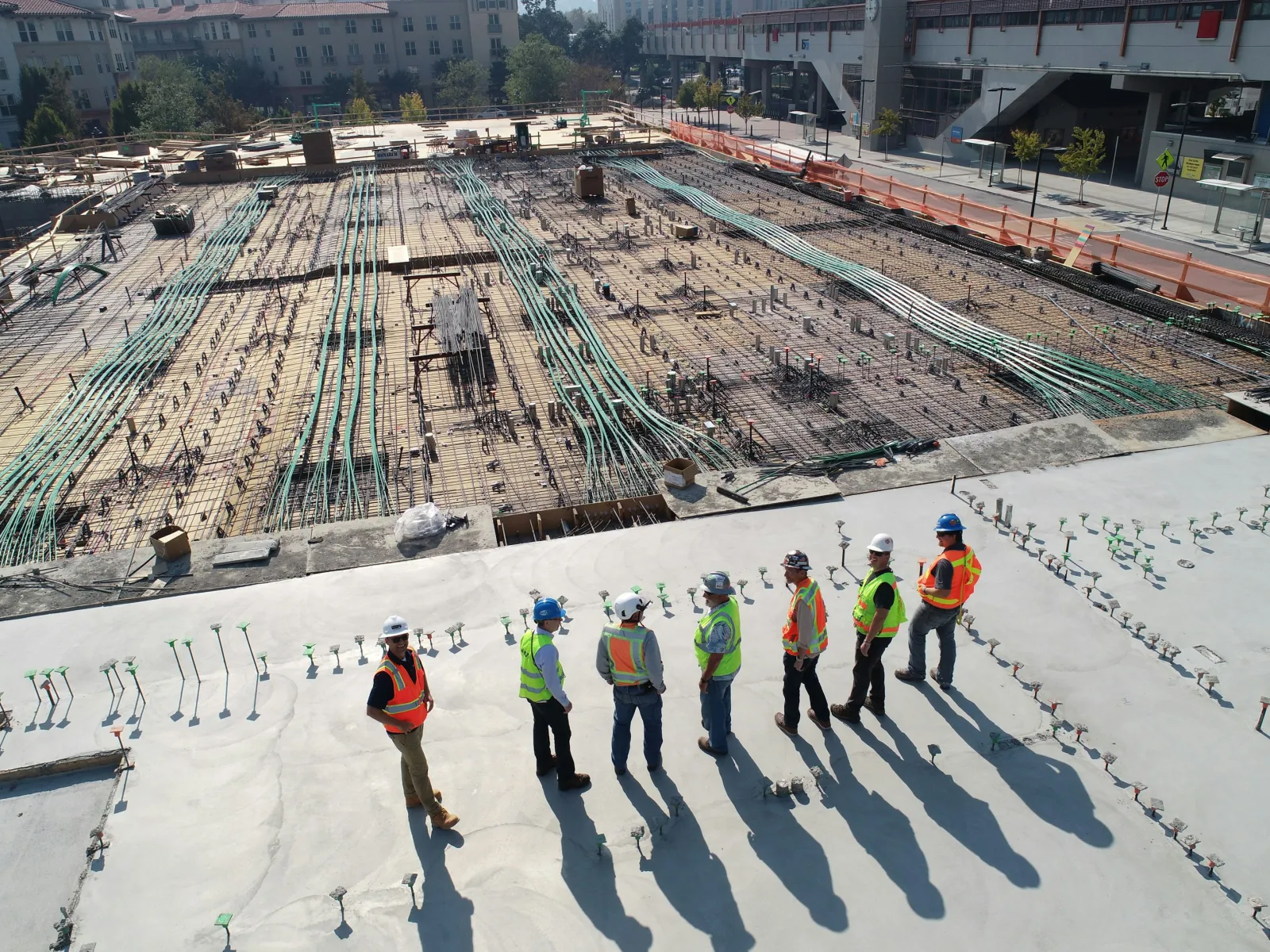
Prevailing Wage and Davis-Bacon Compliance in Montana
eMars provides certified payroll and compliance solutions tailored primarily for federal projects and select state jurisdictions. While many agencies accept the standard WH-347 form, some states will require their own form. For questions about supported jurisdictions, please contact our team directly.
Components of Wage Determinations
Both state and federal wage determinations in Montana include:
- Basic Hourly Rate: The minimum wage paid directly to workers for every hour worked. For federal and Montana state projects, this wage is determined by wage surveys conducted by the U.S. Department of Labor or the Montana DLI.
- Fringe Benefits: Non-cash benefits such as health insurance, retirement plans, and vacation pay.
- Total Hourly Rate: The sum of the basic hourly rate and fringe benefits. For example, if the basic hourly wage is $30 and fringe benefits are valued at $5, the total hourly rate would be $35. The contractor must pay the full $35 in cash wages if no fringe benefits are provided.
Compliance for Contractors and Subcontractors
To comply with both the Montana Prevailing Wage Law and the federal Davis-Bacon Act, contractors and subcontractors must follow these guidelines:
Determine Applicable Wage Rates
Determine Applicable Wage Rates
For federal projects: Use the U.S. Department of Labor's Wage Determinations Online (WDOL) portal via SAM.gov.
For state projects: The Montana Department of Labor and Industry (DLI) website provides prevailing wage rates.
Submit Certified Payroll Reports
Submit Certified Payroll Reports
For federal projects: Utilize the U.S. Department of Labor's Form WH-347.
Contractors must also submit payroll reports to the Montana Department of Labor and Industry for state projects.
Handle Fringe Benefits
Handle Fringe Benefits
Post Wage Rates On-Site
Post Wage Rates On-Site
Maintain Accurate Records
Maintain Accurate Records
Penalties for Non-Compliance
Failure to comply with prevailing wage laws in Montana may result in
-
Fines
-
Back pay for underpaid workers
-
Disqualification from bidding on future public works projects

Unique Aspects of Montana's Prevailing Wage System
- Project-Based Wage Determination: In Montana, prevailing wage rates are determined based on the specific type of public works project (e.g., building construction or heavy and highway construction) rather than a single, unified rate across all projects. This approach ensures that wages align with the specific demands of each project type.
- Biennial Wage Surveys: Montana conducts wage surveys yearly to update the prevailing wage rates. This biennial approach helps maintain current wage standards while balancing the need for accurate rates with administrative efficiency.
- Cost-of-Living Adjustment (COLA): Montana applies a cost-of-living adjustment to the prevailing wage rates in non-survey years. This ensures that wages keep pace with inflation and cost-of-living changes without requiring a yearly wage survey, thus providing stability for workers and contractors.

Relevant Resources
- U.S. Department of Labor: Wage Determinations Online (WDOL): SAM.gov - Wage Determinations
- Montana Department of Labor and Industry (DLI) - Prevailing Wage Information: Montana Prevailing Wage Information
Certified Payroll Form WH-347: U.S. Department of Labor Certified Payroll Form
For the most accurate and current information on prevailing wage requirements, consult the U.S. Department of Labor or your state's official labor website.
Montana Prevailing Wage FAQs
Does Montana have a state-specific prevailing wage law?
Yes, Montana has its own prevailing wage law that applies to state-funded public works projects. Contractors on these projects must pay workers at least the prevailing wage rates determined by the Montana Department of Labor and Industry (DLI). For federally funded projects, the Davis-Bacon Act applies.
How are prevailing wage rates determined in Montana?
For state-funded projects, the Montana Department of Labor and Industry (DLI) sets prevailing wage rates based on local wage data and collective bargaining agreements. For federally funded projects, the U.S. Department of Labor determines prevailing wage rates through local wage surveys.
What are the penalties for non-compliance with prevailing wage laws in Montana?
Penalties for non-compliance with prevailing wage laws can include back pay to workers for any underpayment of wages. Contractors may also face fines for failing to adhere to wage regulations or certified payroll requirements. In cases of repeated violations, contractors risk debarment, which disqualifies them from bidding on future public works projects.
How are fringe benefits handled under prevailing wage laws in Montana?
Fringe benefits are part of the total prevailing wage. Contractors can provide fringe benefits, such as health insurance or retirement contributions, or they can pay the equivalent value in cash. If no fringe benefits are provided, the contractor must pay the total wage (basic hourly rate + fringe benefits) in cash to the worker.

